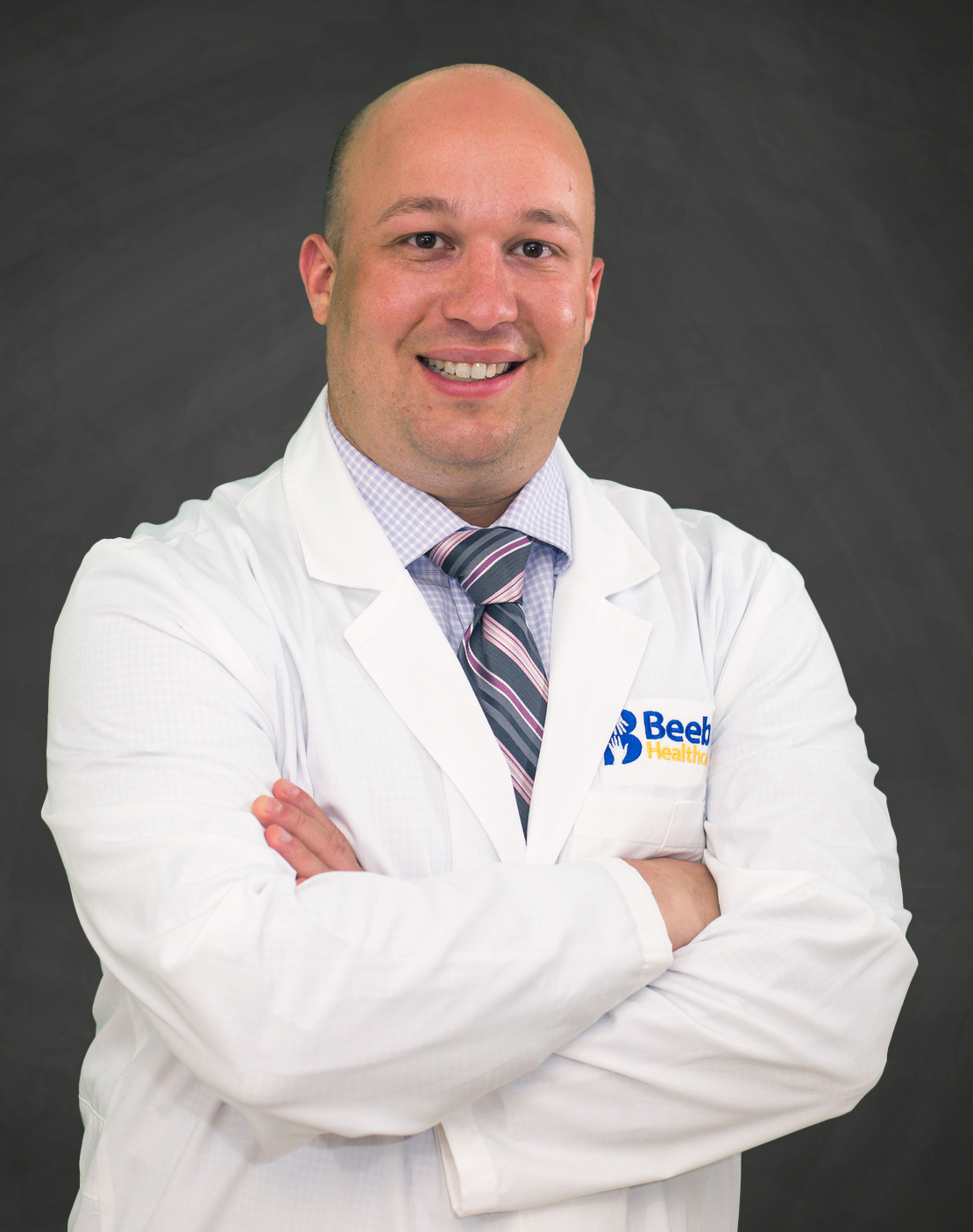What are the Symptoms of Diabetes?

Prediabetes and diabetes affect hundreds of thousands of people in America and the numbers continue to rise.
Prediabetes often goes undiagnosed and untreated, which means people aren’t getting help until they already have diabetes or even later when they have some sort of diabetic attack or episode.
Many people do not even notice any symptoms of prediabetes. This is why it is so important to have annual exams and bloodwork done with your primary care provider. If levels are elevated, then you can make changes and work with an endocrinology specialist.
Get Diabetes Tips to Your Inbox!
For those who are just developing diabetes, they might notice fatigue among other symptoms. It is a great idea to have your blood sugar checked yearly as part of your regular health physical.
Here are some signs and symptoms of prediabetes and diabetes:
- Fatigue
- Increased thirst
- Blurred vision
- Frequent urination
- Darkening skin on neck, armpits, elbows, knees, or knuckles.
What to Expect During Diabetes Testing
The best way to know for sure if you might have prediabetes or diabetes is to have blood work done, including a blood glucose test.
In most cases, your doctor can order this for you. If you are concerned about paying for blood testing, Beebe Population Health offers free screenings, including blood glucose, throughout the year. Find a screening near you: www.beebehealthcare.org/calendar (Currently most of our public events are postponed during COVID-19. Contact your primary care provider for help scheduling testing.)
There are three tests that can help detect prediabetes: an eight-hour fasting glucose test, a two-hour oral glucose tolerance test, or a non-fasting test, an A1C. One needs one abnormal test over two different periods for the diagnosis of prediabetes. The key indicators for prediabetes are a fasting glucose of 100 to 125 mg/dl, or A1C of 5.7 to 6.4%.
Having a fasting glucose and your A1C levels tested are the first steps in helping patients, like Deb, discover they have prediabetes and get started on improving their health. If caught early, patients are able to make lifestyle changes to prevent getting Type 2 diabetes.
Make a Change to Avoid Diabetes Complications
Type 2 diabetes is a chronic condition that can be prevented by managing and reversing prediabetes with lifestyle changes. Those with prediabetes and diabetes have a higher risk for infections, nerve damage that can cause tingling and pain in the hands and feet, and risk of limb loss due to circulatory problems.
Patients need to understand that prediabetes and diabetes are serious concerns. They should take action to improve their health because both prediabetes and diabetes can often be prevented or reversed.
Beebe Diabetes Management offers a Diabetes Support Group the second Wednesday of alternating months. Due to COVID-19, the meetings will be held virtually using the BlueJeans application. Participants may join using a computer, electronic tablet, or telephone. If you are interested in joining the support group, call 302-645-3121 or e-mail Ken Carson at [email protected] to request an e-mail invitation. The support group is open to anyone interested who is diagnosed with diabetes or who supports someone living with diabetes.
Beebe Diabetes Management can help you create your plan for living with diabetes if you are diagnosed with type 1 or type 2. Call our certified diabetes educators at 302-645-3121.
If you are struggling to maintain your blood sugar levels, you may want to work with an endocrinologist. Call Beebe Endocrinology – Millsboro at 302-648-7999.



